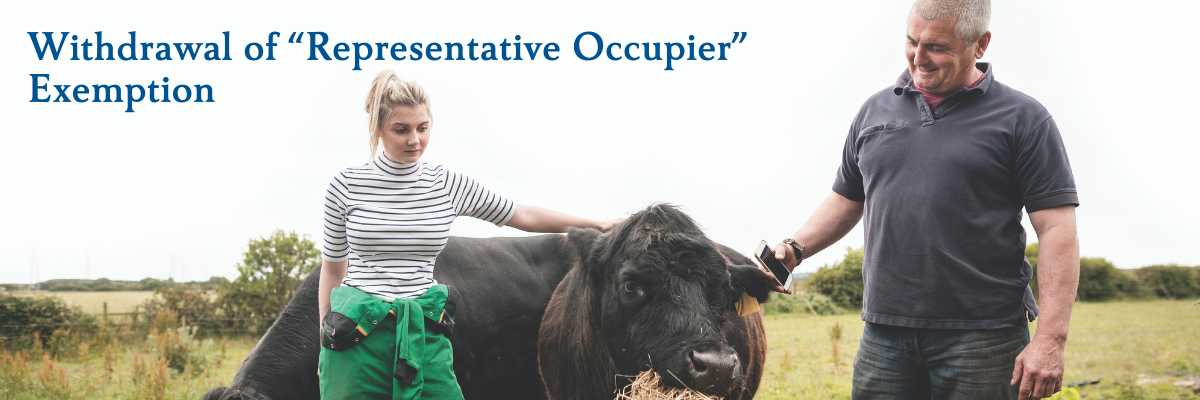Living Accommodation Benefit Changes from 6 April 2021

March 2021
Historically, living accommodation provided to employees as part of their employment is deemed to be a taxable benefit in kind (BIK), unless the living accommodation falls within HMRC’s exemptions.
On 6 April 2021, HMRC will be withdrawing one of the exemptions which could potentially have the effect of increasing both the employee’s and the employer’s tax liabilities, where an employee has been provided with living accommodation.
The exemption being withdrawn is called the “Representative Occupiers” exemption. This exemption applies to employees occupying a post of employment which existed before 6 April 1977, where the employee:
- resides in a house provided rent free by the employer
- who, as a term of the contract of employment, is required to reside in that particular house and is not allowed to reside anywhere else
- whose occupation of the house is for the purpose of the employer, the nature of the employment being such that the employee is reasonably required to reside in it for the better and more effectual performance of the duties.
HMRC are withdrawing the exemption from 6 April 2021 as it is deemed to be unfair to businesses that were established after April 1977. This is because the exemption relies on the post of employment being in existence at that date, rather than looking at the type of employment and why the living accommodation may have been provided.
In many cases, where an employee is provided with job-related accommodation, other statutory exemptions will still apply after 6 April. If the accommodation meets one of the following ‘tests’ it will not be treated as a BIK:
- the Necessary Test – your employees can’t do their work properly without it (for example agricultural workers living on farms)
- the Customary Test – an employer is usually expected to provide accommodation for people doing that type of work (for example a manager living above a pub, or a vicar looking after a parish)
- the Security Test – you need to provide accommodation to protect an employee because the type of work they do means there’s a special threat to their security.
There are also exemptions available if an employee has been provided living accommodation by a local council, on the same terms housing is provided to a non-employee, or an employee has been provided accommodation by an individual (not a company or partnership) who is a close relative that they work for. Please note this exemption would not be available if the same
sort of accommodation is provided to an employee who is not a family member.
If exemptions no longer apply for the living accommodation provided to an employee, the value of the BIK will need to be calculated in order to work out how much additional tax will be payable by the employee and how much additional class 1A NIC is payable by the employer. This will need to be reported on the employee’s form P11D.
The calculation of the BIK is complex and time consuming and depends on several factors, including whether or not the property is owned or rented by the employer and whether it cost more than £75,000.
It is important that you review all accommodation provided to staff. If you think you may have employees that will be effected by the forthcoming withdrawal of the “Representative Occupiers” exemption and would like to discuss what this could mean for your employees’ and the business’s tax liabilities, please get in touch.


